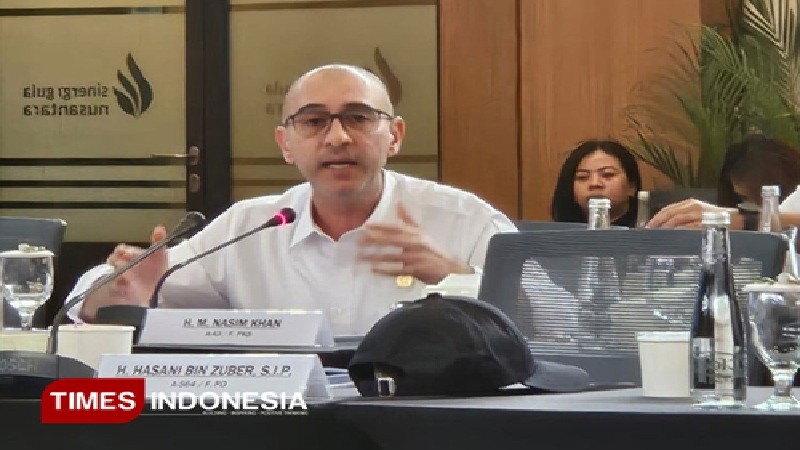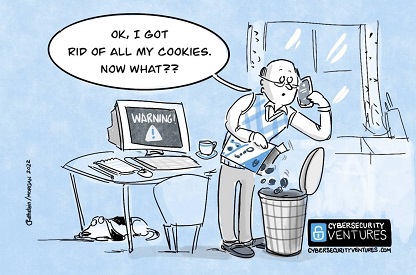Dozens of Deputy Ministers Also Serve as BUMN Commissioners, Here's What DPR RI Member Nasim Khan Says
Sunday, 22 June 2025 – 16:43
Moh. Bahri

Dozens of deputy ministers in President Prabowo’s administration are concurrently serving as commissioners in State-Owned Enterprises (BUMN), including their subsidiaries and affiliates. This dual role has prompted Member of Commission IV of the Indonesian House of Representatives (DPR RI), Nasim Khan, to speak up.
According to Nasim Khan, Law Number 25 of 2009 on Public Services and Law Number 39 of 2008 on State Ministries state that ministers or deputy ministers are not allowed to hold other positions, except in relevant state institutions.
However, he noted that BUMN commissioners are often seen as extensions of the government.
“This creates a legal loophole that allows them to hold such dual roles, although it’s still a subject of debate,” said the DPR RI member representing East Java III (Bondowoso, Situbondo, and Banyuwangi), on Sunday (June 22, 2025).
He also highlighted the issue from the perspective of ethics and governance (Good Governance). In his view, there is potential for conflict of interest, as the supervisory function (by ministers/deputy ministers) could overlap with the commissioner’s role that should be under oversight.
Moreover, he added, the dual burden may distract ministers and deputy ministers from their primary duties. “The independence of BUMNs is compromised because commissioners are supposed to provide external oversight, not act as government representatives,” explained the PKB politician.
On the other hand, this arrangement could, in fact, accelerate synergy between ministries and their associated BUMNs. “Government-affiliated commissioners are believed to enhance BUMN oversight,” he told TIMES Indonesia.
He also acknowledged that this situation raises various public perspectives and questions about transparency. According to him, there has been significant criticism from the public and anti-corruption bodies such as ICW and the KPK, who see this practice as having the potential for abuse of power.
He further stated that the issue of “position-sharing” or the distribution of roles as a form of political patronage often arises. “The double honorarium received is also considered unethical amid economic conditions that demand efficiency,” he explained.
Nasim Khan concluded that while ministers/deputy ministers serving concurrently as BUMN commissioners does not explicitly violate the law, it is ethically and governance-wise problematic.
Many parties are urging for this practice to stop in order to maintain professionalism, transparency, and the performance of both the government and BUMNs.
“What’s currently being debated is the legal basis that allows government officials to hold commissioner positions in BUMNs, mainly for oversight and institutional linkage purposes,” he concluded.





